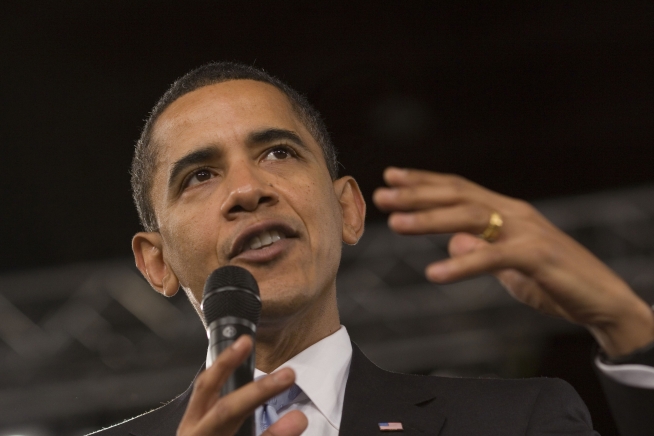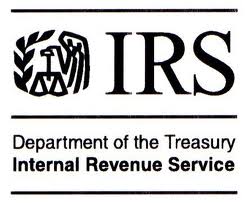ANALYSIS: Obamacare Explained (Part 1)
By Nate Gaddis

President Obama’s biggest legislative legacy is beginning to change the nature of health care in America. White House photo.
Nearly three and a half years after President Obama signed the Patient Protection and Affordable Care Act (aka “Obamacare”), the landmark legislation’s most consequential provisions are starting to kick in.
For better or worse, they represent the largest changes to the nation’s healthcare system since Medicare and Medicaid became law almost half a century ago.
Regardless of where you stand politically, Obamacare itself has the power to help or hurt your bottom line. Here we take a look at how the legislation defining Obama’s presidency could end up affecting Hawai`i residents.
What it Is and What it Ain’t
Contrary to what the willfully misinformed pundits on cable TV may tell you, Obamacare is not “universal health care.” Nor is it a simple “one size fits all” health plan meant to replace existing coverage.
If you’re already on Medicare, Medicaid, or are covered by your employer, you likely won’t be faced with any major changes.
Obamacare itself may best be visualized as a three-pronged attack on health care costs (or a three-headed hydra, depending on your views).
The three most critical changes coming are (in no order of importance):
- A health insurance mandate, with tax penalties for individuals who fail to enroll by April 1, 2014.
- A large expansion of Medicaid availability to the poorest citizens
- A health insurance exchange that provides a variety of “Obamacare-approved” plans for the uninsured, with subsidies available to low–income earners.
In part one of our Obamacare series, we’ll be covering the most controversial of these changes: the insurance mandate.
Yes, It’s Mandatory
Regardless of how you feel about it, the Obamacare mandate is here, and the penalties for not complying can be steep.
Starting on April 1 2014, individuals not covered by an Obamacare-approved health plan will be hit with a tax penalty. The penalty starts as either a $95 per-person flat fee, or up to 1% of income beyond the filing minimum, whichever amount happens to be higher.
To clear up confusion, let’s use an example of a single woman earning $20,000 per year. The typical filing threshold for a single person would be $9,750, meaning that the amount of earnings hit by the mandate penalty would be the difference between these two figures, which is $10,250.
$10,250 taxed at 1% amounts to $102.50 in tax penalties. Nothing to sneeze at, but probably manageable for our hypothetical single gal.

Obamacare’s fines cannot exceed the average cost of minimum insurance coverage. Image courtesy UH-Manoa.
But Obamacare’s penalties are set to increase steadily till 2016, when they will cap out at 2.5% of income or $695 for individuals, and 2.5% of income or (depending on the number of children) up to $2,085 for families. Remember, the fee you pay will be the greater of those two amounts.
There is in fact a built-in ceiling to Obamacare’s fines. The total penalty in any given year cannot exceed the yearly premium for the typical minimum-level health insurance plan (calculated as a national average).
So for example, if the national average for a minimum-level plan for individuals is $5,000, then an individual will never be assessed more than $5,000 in fines per year. For families, the penalty cap is calculated based on plans available for a household of their size (for example, $15,000 for a family of three).
There are some exemptions for low-income earners here. If the least expensive Obamacare-approved plan in your state exceeds 8% of your income, you won’t face any penalties at all for not having coverage.
Also, if your income falls below 133% of the federal poverty level (this computes to $17,596 for an individual in Hawai`i), you are exempt from penalties. In this case, you may qualify for Medicaid assistance.
Editor’s note: We address Medicaid in part two of our series.
How They Collect
To collect the fines, the IRS simply withholds the appropriate amount from any tax refunds owed to you when you file a tax return. So if you had planned on receiving a tax refund and didn’t purchase insurance, just plan on that refund getting a serious trim (to the tune of the figures we mentioned earlier).
If you don’t file, those fines will just sit around piling up every year, waiting for the moment you finally make good with Uncle Sam.
But there appears to be a loophole here. What if you don’t qualify for a refund? Well, then there may be nothing for the IRS to collect.
Theoretically, your penalties would continue to mount, but the only thing under threat would be your conscience. That is, of course, until you actually are owed a refund, whereupon Uncle Sam will happily cash in on your bad behavior.
One important thing worth mentioning is that not buying insurance won’t land you in jail or put your home in danger. Criminal charges cannot be filed against you, nor can a lien be placed on your property.
Ironically, if you already are in prison, you’re exempt from Obamacare’s requirements entirely.
Check back for part two of our series, where we’ll look into Hawaii’s much-maligned insurance exchange to see how it works, and what (if any) savings you may find there. We’ll also examine the expansion of Medicaid in Hawai`i.










